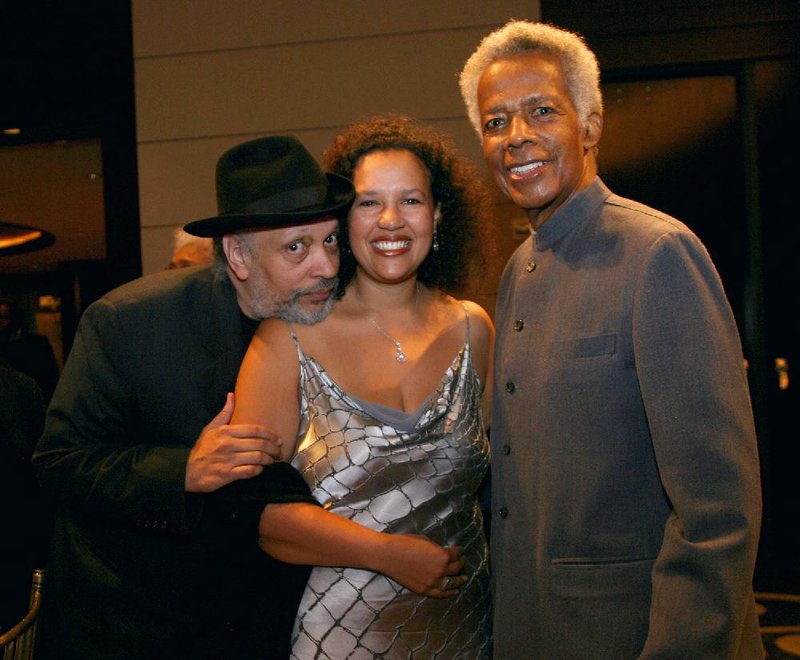NEW YORK -- William Greaves, the Emmy-award winning co-host and executive producer of a groundbreaking television news program and a prolific filmmaker whose subjects ranged from Muhammad Ali to the Harlem Renaissance to the black middle class, has died at age 87.
Greaves died Monday at his Manhattan home after a prolonged illness, according to his granddaughter, Liani Greaves.
A minister's son born in New York City, Greaves had a diverse background that included drawing, acting, dance and engineering. He leaves behind a vast film archive of black art and culture.
Greaves made hundreds of movies, and in the 1960s, he served as co-host and executive producer of Black Journal, among the first TV news programs designed for a black audience. Black Journal won an Emmy in 1970 for excellence in public affairs.
In 1966, at the request of the United States Information Agency, he traveled to Senegal and filmed the First World Festival of Negro Arts, which featured Duke Ellington and Langston Hughes, among others. He also made the experimental Symbiopyschotaxiplasm: Take One, what he called a "cosmic comedy" about a director (Greaves) facing a rebellion from his cast and crew. A cult favorite admired by Steven Soderbergh, Symbiopyschotaxiplasm was filmed in the late 1960s but wasn't released until 2005.
One of Greaves' most widely seen productions was Ali, the Fighter, a documentary about the 1971 championship fight between Ali and Joe Frazier, a 15-round bout won by Frazier.
Metro on 08/29/2014
